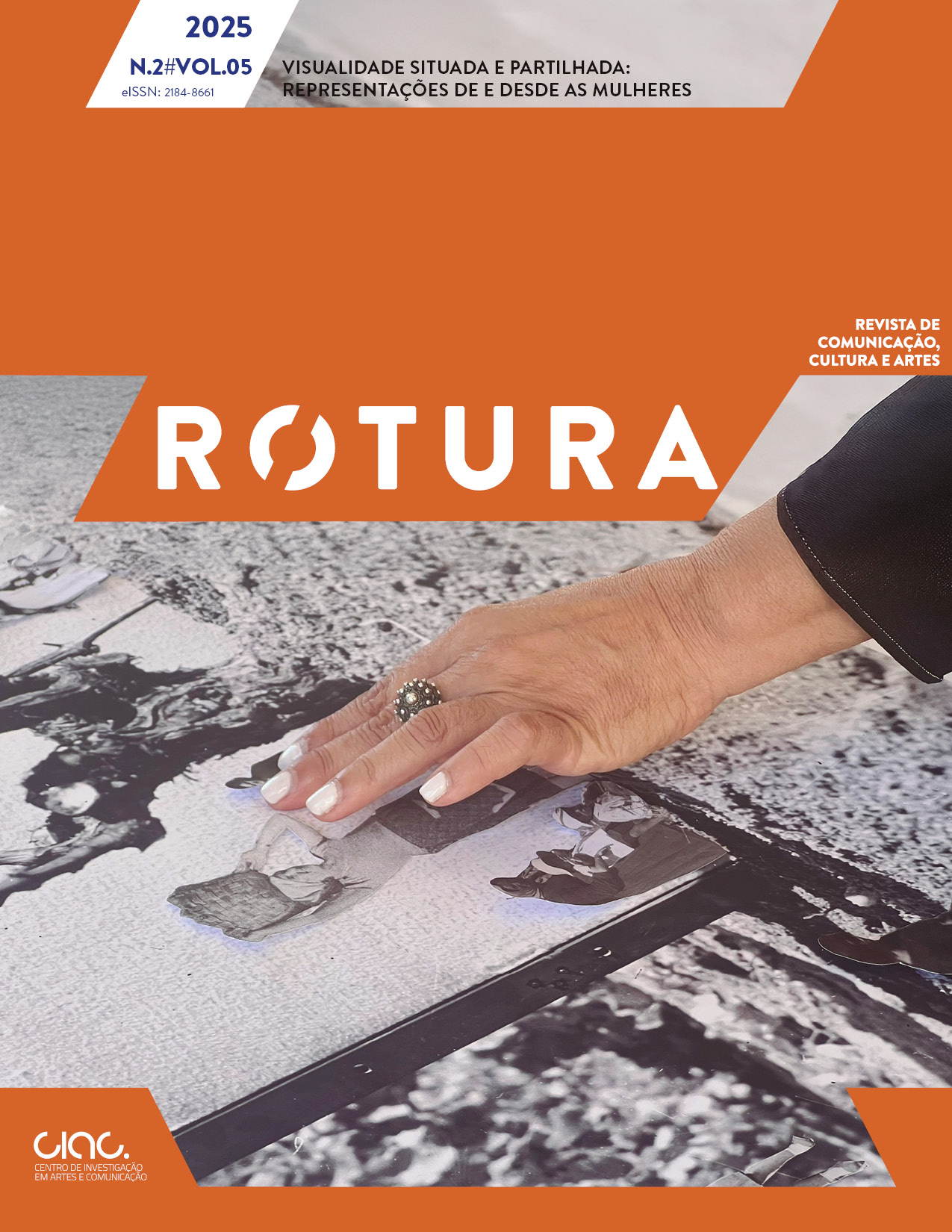Pottery and resistance: rural women and their transformative contribution during the Spanish Transition. Photografphy as claim for memory
Resumo
This study analyses traditional pottery making in the Canary Islands as an example of the transformative role of women in the construction of democracy in Spain during the period known as the Transition. In this sense, pottery, considered a minor activity linked to domesticity which, like all tasks associated with the peasantry, displayed gender inequality and disdain for women’s works, was nevertheless a means to economic independence and female participation in the public sphere: thanks to the sale of pieces, women potters generated networks of support and autonomy, although this access to the public space did not break with patriarchal structures. Through a qualitative and interdisciplinary approach, we will explore the gender dynamics and the conditions of exclusion faced by women potters, using archives, photographic archives and oral history techniques, with the aim of making visible the impact of their struggle in the vindication of social and political rights. The results will show how pottery was a space of resistance and collective agency, where women challenged patriarchal structures, contributed to cultural heritage and demonstrated the strength of organizations in the face of inequalities.
Downloads
Direitos de Autor (c) 2025 Elisa Lozano Triviño, Mar Marcos Molano

This work is licensed under a Creative Commons Attribution-NonCommercial-NoDerivatives 4.0 International License.
Artigo aceite em 2025-07-16
Artigo publicado em 2025-09-29


















